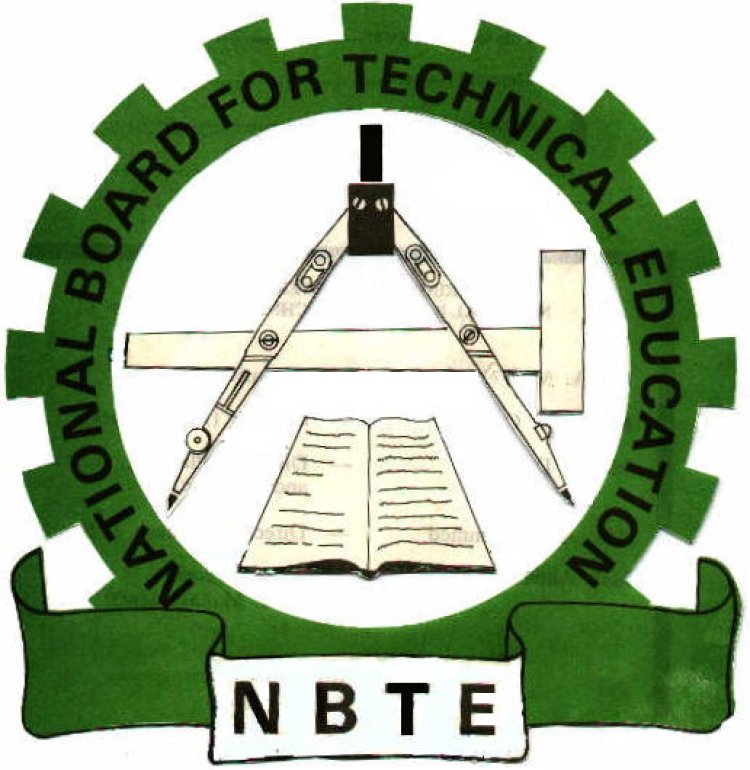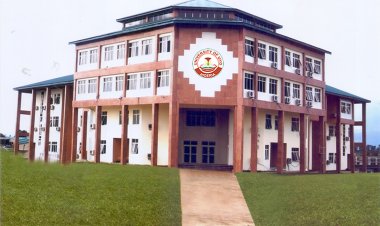NBTE Pushes for Polytechnic Status, Seeks Support from House of Representatives
The National Board for Technical Education (NBTE) is advocating for its upgrade to the National Polytechnic Commission in Nigeria, emphasizing the need for collaboration with the House Committee on Polytechnics to achieve this goal.

The National Board for Technical Education (NBTE) is advocating for its upgrade to the National Polytechnic Commission in Nigeria. The board emphasized the importance of collaboration with the House Committee on Polytechnics to achieve this objective.
During a presentation to the House Committee, chaired by Fuad Laguda, NBTE Executive Secretary Prof. Idris Bugaje highlighted the significance of Technical and Vocational Education and Training (TVET) in addressing the country’s skill gaps. The committee visited the board in Kaduna on Wednesday.
Bugaje expressed optimism for increased collaboration, stating, “We warmly welcome this committee to the NBTE, and we look forward to greater collaborations to move this sector forward. The struggle to upgrade NBTE to the National Polytechnic Commission has started, and your support is indispensable in realizing this dream.”
Established by Decree No. 8 of 1977 and amended in 1985 and 1992, the NBTE supervises, accredits, and regulates over 700 TVET institutions nationwide. Bugaje underscored the critical role that TVET plays in Nigeria's infrastructure development, citing major projects such as the AKK Gas Pipeline and Dangote Refinery.
He lamented that many of these projects rely on imported skilled labor from Asia, leaving Nigerian youths jobless. “Every polytechnic has a Skills Development Centre, established with TETFund intervention. We must utilize these facilities to train our youths,” Bugaje added.
However, he raised concerns about challenges facing TVET institutions, including inadequate funding, outdated curricula, lack of modern equipment, and the stigmatization of TVET graduates. “The 2024 budget was our worst, with significant cuts at the National Assembly. We need adequate funding to review ND/HND curricula within the five-year time frame,” he said.
Bugaje also highlighted the threats to the National Skills Qualification Framework (NSQF), approved by the Federal Executive Council in 2013 and implemented in 2017. He stressed that the NSQF serves as a bridge between workplaces and educational institutions, ensuring quality assurance for all stakeholders.
He warned of the potential adverse effects of the ITF Amendment Act 2024 on the NSQF, emphasizing the necessity of protecting this framework to ensure Nigeria's skill development aligns with global standards.
Additionally, Bugaje addressed a longstanding land dispute in Abuja, stating that in 2003, the land was allocated to NBTE but has since been partially seized by DB Mangal for commercial purposes. This matter is currently before the Appeal Court, and Bugaje called for the Tinubu Administration's investigation into this and other critical corruption issues.
In response, the House Committee Chairman assured the NBTE of the committee’s support, stating, “We will work closely with the NBTE to address the challenges facing TVET institutions and ensure Nigeria’s skill development meets global standards.”
The presentation was attended by members of the House Committee on Polytechnics, NBTE officials, and stakeholders in the education sector.

 Chris Oyeoku Okafor
Chris Oyeoku Okafor 



